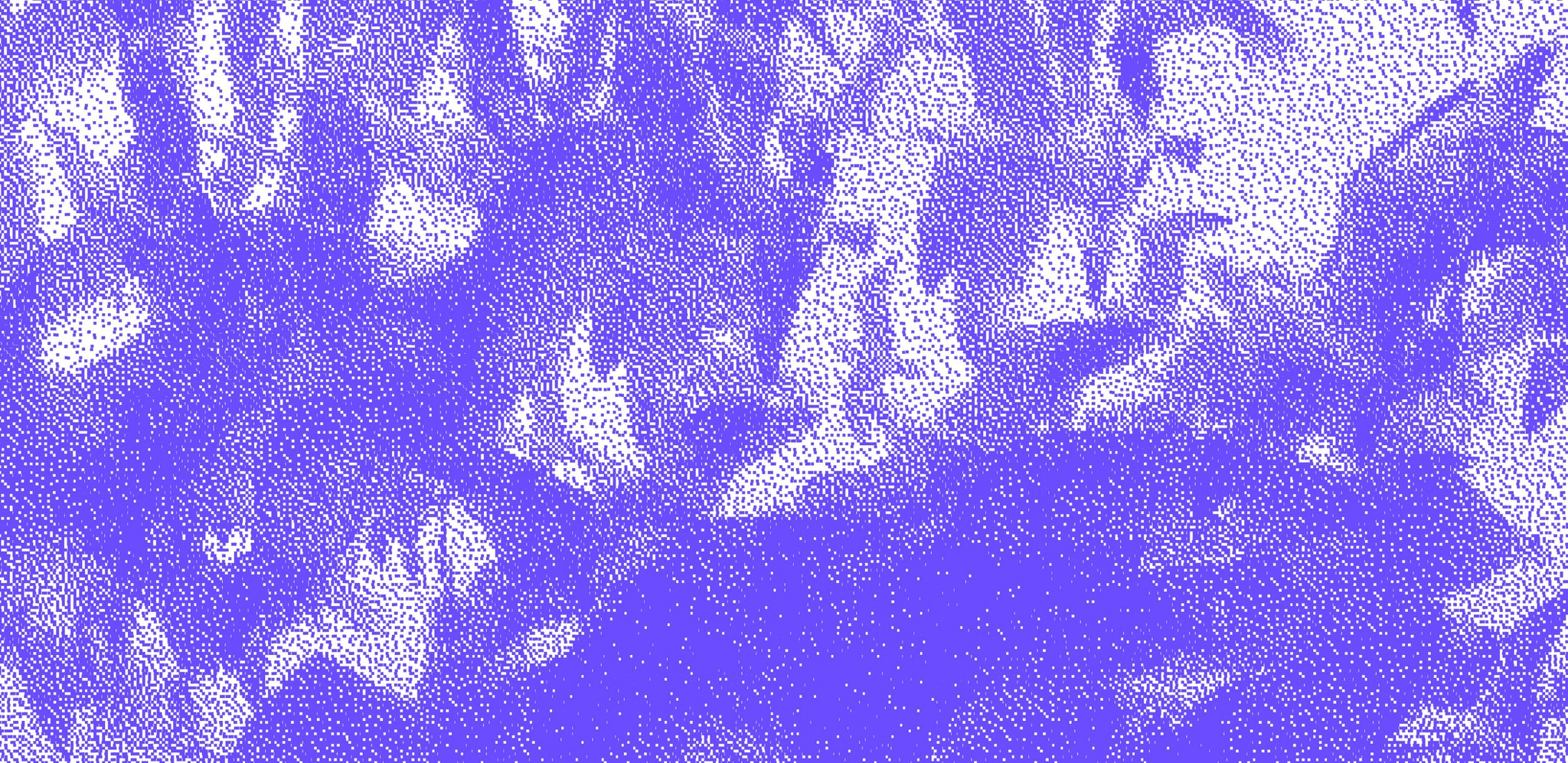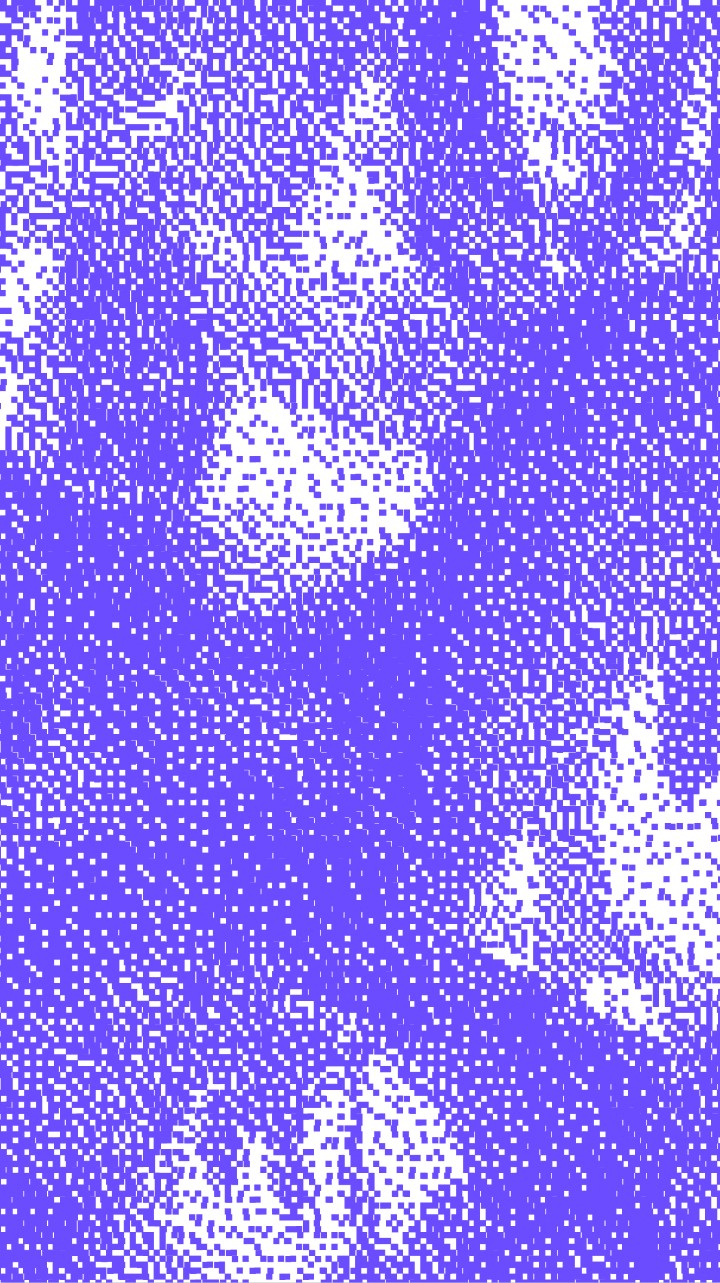

Nov 27, 2024
Nov 27, 2024
-
-
5.30pm
5.30pm
Lecture
Lecture
Lecture
From the Body of Ruin to the Ruin of Body: Reading Materiality in Documentaries of the Iranian New Wave of the 60s and 70s
From the Body of Ruin to the Ruin of Body: Reading Materiality in Documentaries of the Iranian New Wave of the 60s and 70s
The Iranian New Wave, as the large body of art films made before the 1979 revolution came to be known, always showed an ethnographic register. The screenings will consist of a number of highly lyrical ethnographic documentaries from the 60s and 70s. The directors of these films often came from literature to cinema. They were modernist authors, short story writers, poets, and stage directors. Congruent with a surge in institution-building, film crews were formed and they travelled with their cameras and microphones to distant corners of the country in search of peoples, ancient objects, and ways of life thought to belong to another era. Soon to emerge as among the most influential personas in the Iranian cultural scene, the names of these young documentary filmmakers included Ebrahim Golestan, Forough Farrokhzad, Fereydoun Rahnema, Nasser Taghvai, and Parviz Kimiavi.
Some of the films we are going to screen depict historical ruins and excavation sites, others represent religious and “folk” practices (trance practices, mourning rituals, “traditional” storytelling, passion plays, and pilgrimages to shrines). Farbod Honarpisheh will offer his reflections on the history of documentary cinema and the relationships between the artistic renderings of the “ruin” and that of the “body.” In time, what comes to the fore, is the pro-filmic world of the ruin and the body in anguish (affected by disease, decay, disintegration, possession, and excessive passion), the two main material inventories that left their mark on the formal and political maneuverings of Iranian visual culture for decades to come.
Bio:
Farbod Honarpisheh is presently a Research Scholar with the Film and Media Studies Program at Yale University. His doctoral dissertation, “Fragmented Allegories of National Authenticity: Art and Politics of the Iranian New Wave Cinema of the 1960s and 1970s,” was completed at Columbia University. He also completed at Columbia an MA degree with a thesis called “In the Labyrinth of Yeşilçam: Transient Cosmopolitanism, Passing Images of a Street, and a Theater in Istanbul.” Before that, he obtained BA and MA degrees from Concordia University, Montréal. He is the recipient of many awards and fellowships, including multiple awards from Columbia University, the SSHRC Doctoral Dissertation Award, the K. Dietrich School Humanities Center Fellowship in Film and Media Studies at the University of Pittsburgh, and the E. Yarshater Postdoctoral Award from Yale. Farbod’s academic publications include: “From the Body of Ruin to the Ruin of Body: On Materiality and the Iranian New Wave Cinema, 1960-1979”; “The Oriental ‘Other’ in Soviet Cinema, 1929–34”; “You Are on Indian Land: Between Borders, Styles, and Authors”; and “Koşucu’nun Tasviri: Devrim Sonrası İran Sinemasının Önemli Bır Filmine Gösterilen Tepkiler Üstüne Bir Çalişma” (“Representing The Runner: A Reception Study of a Major Film From Post-Revolutionary Iran”). His research interests include film and media theory, critical theory, Iranian and Middle Eastern cinemas, comparative modernist studies (visual and literary), intermediality, decolonization, indigeneity, documentary studies (particularly in its ethnographic and diasporic variants), and transnationalism.
Location: Critical Media Lab, Peterson Hall 108






The Iranian New Wave, as the large body of art films made before the 1979 revolution came to be known, always showed an ethnographic register. The screenings will consist of a number of highly lyrical ethnographic documentaries from the 60s and 70s. The directors of these films often came from literature to cinema. They were modernist authors, short story writers, poets, and stage directors. Congruent with a surge in institution-building, film crews were formed and they travelled with their cameras and microphones to distant corners of the country in search of peoples, ancient objects, and ways of life thought to belong to another era. Soon to emerge as among the most influential personas in the Iranian cultural scene, the names of these young documentary filmmakers included Ebrahim Golestan, Forough Farrokhzad, Fereydoun Rahnema, Nasser Taghvai, and Parviz Kimiavi.
Some of the films we are going to screen depict historical ruins and excavation sites, others represent religious and “folk” practices (trance practices, mourning rituals, “traditional” storytelling, passion plays, and pilgrimages to shrines). Farbod Honarpisheh will offer his reflections on the history of documentary cinema and the relationships between the artistic renderings of the “ruin” and that of the “body.” In time, what comes to the fore, is the pro-filmic world of the ruin and the body in anguish (affected by disease, decay, disintegration, possession, and excessive passion), the two main material inventories that left their mark on the formal and political maneuverings of Iranian visual culture for decades to come.
Bio:
Farbod Honarpisheh is presently a Research Scholar with the Film and Media Studies Program at Yale University. His doctoral dissertation, “Fragmented Allegories of National Authenticity: Art and Politics of the Iranian New Wave Cinema of the 1960s and 1970s,” was completed at Columbia University. He also completed at Columbia an MA degree with a thesis called “In the Labyrinth of Yeşilçam: Transient Cosmopolitanism, Passing Images of a Street, and a Theater in Istanbul.” Before that, he obtained BA and MA degrees from Concordia University, Montréal. He is the recipient of many awards and fellowships, including multiple awards from Columbia University, the SSHRC Doctoral Dissertation Award, the K. Dietrich School Humanities Center Fellowship in Film and Media Studies at the University of Pittsburgh, and the E. Yarshater Postdoctoral Award from Yale. Farbod’s academic publications include: “From the Body of Ruin to the Ruin of Body: On Materiality and the Iranian New Wave Cinema, 1960-1979”; “The Oriental ‘Other’ in Soviet Cinema, 1929–34”; “You Are on Indian Land: Between Borders, Styles, and Authors”; and “Koşucu’nun Tasviri: Devrim Sonrası İran Sinemasının Önemli Bır Filmine Gösterilen Tepkiler Üstüne Bir Çalişma” (“Representing The Runner: A Reception Study of a Major Film From Post-Revolutionary Iran”). His research interests include film and media theory, critical theory, Iranian and Middle Eastern cinemas, comparative modernist studies (visual and literary), intermediality, decolonization, indigeneity, documentary studies (particularly in its ethnographic and diasporic variants), and transnationalism.
Location: Critical Media Lab, Peterson Hall 108













